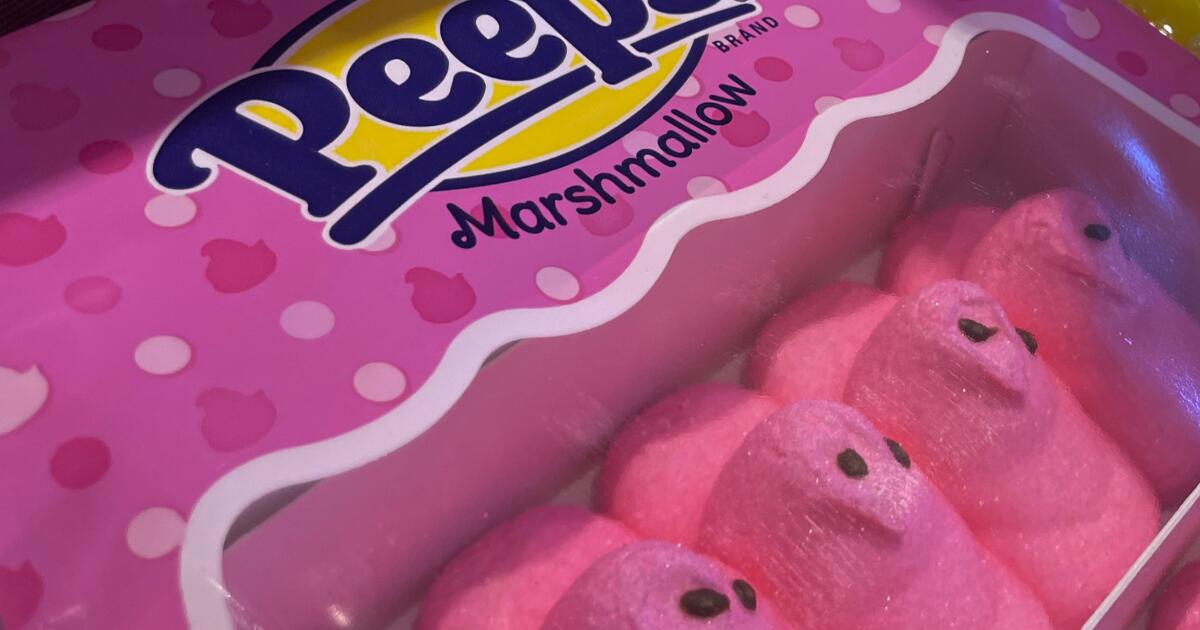California became the first state in the nation to prohibit four food additives found in popular cereal, soda, candy and drinks after Gov. Gavin Newsom signed a ban on them Saturday.
The California Food Safety Act will ban the manufacture, sale or distribution of brominated vegetable oil, potassium bromate, propylparaben and red dye No. 3 — potentially affecting 12,000 products that use those substances, according to the Environmental Working Group.
The legislation was popularly known as the “Skittles ban” because an earlier version also targeted titanium dioxide, used as a coloring agent in candies including Skittles, Starburst and Sour Patch Kids, according to the Environmental Working Group. But the measure, Assembly Bill 418, was amended in September to remove mention of the substance.



Awesome! Glad to have this added to the conversation.
I actually had this thought and was thinking about adding something like this earlier today.
You’re technically correct, in a sense. There still needs to be lots of these to cause problems. If there aren’t lots, there’s no problem.
It would be the same for any self replicating thing. Bacteria, viruses, fungi, and prions, but they replicate. I will grant you a single large parasite could do this, but at that point, we’re talking about tigers and such as a technicality as well.
Potentially one of these things could cause problems by reproducing. I think it’s just unlikely. I don’t know how we could demonstrate that though. I imagine a single virus or bacterium can lead to disease. I just suspect the probability is low.
Like you, my first thought was prions, but they have to actually come into contact with the protein to catalyze its misfolding. That’d be rare in the protein soup, I suppose.
Anyway. Nice comment!
None of the things you’ve listed here are single molecules except for the prion. A single cell, even for simple organisms, is made up of millions of proteins. Viruses come close, but are still made up of the nucleus and the capsid.
A protein could be considered a single molecule, but it also could not.
Molecule is hardly the right term for most things, e.g. polonium or salt.
I intended to be more general but didn’t want to go further of into the weeds. I considered 1 unit, but that’s misleading.
Let’s go with the etymology of molecule: small amount.
All proteins are not singular molecules, but the ones that are… are. Proteins are actually classified partly by if they are a single molecule or several (quartenary structure). Polymers, as long as the chain of bonds isn’t broken, are giant molecules by definition.
I get what you mean here, that a single molecule doesn’t cause harm and quantity matters, and I agree. It would just be technically correct to say non-polymer molecules.